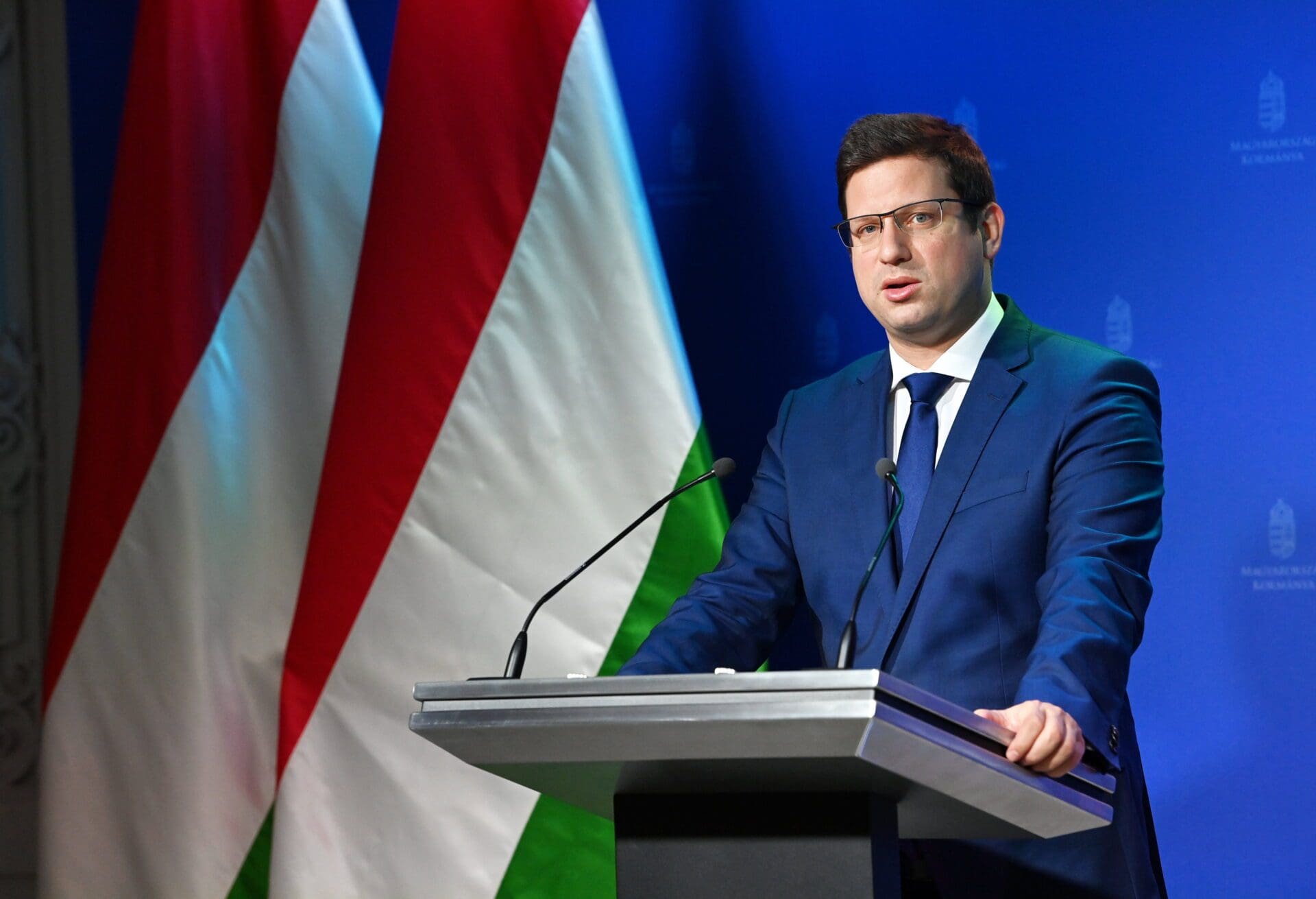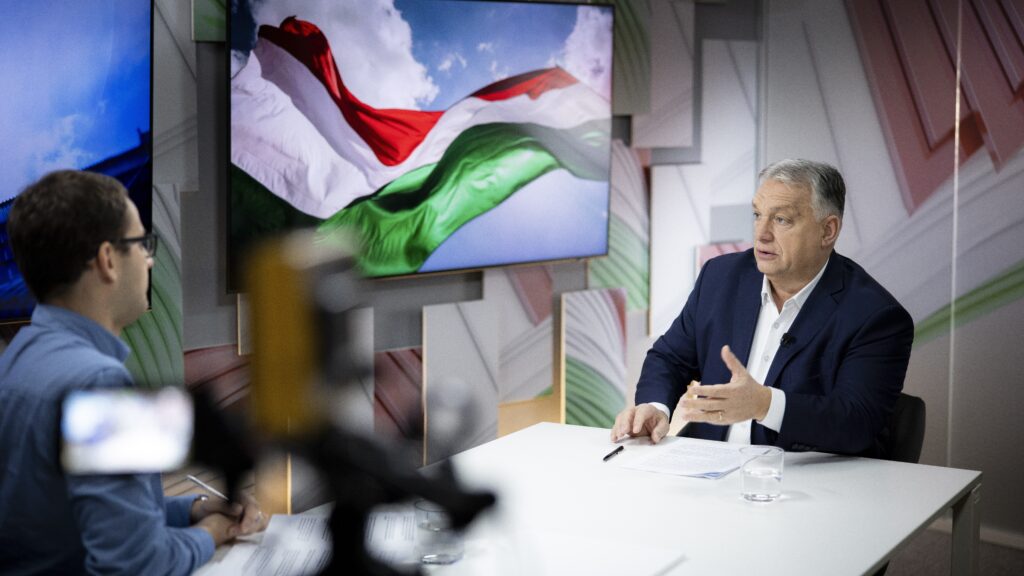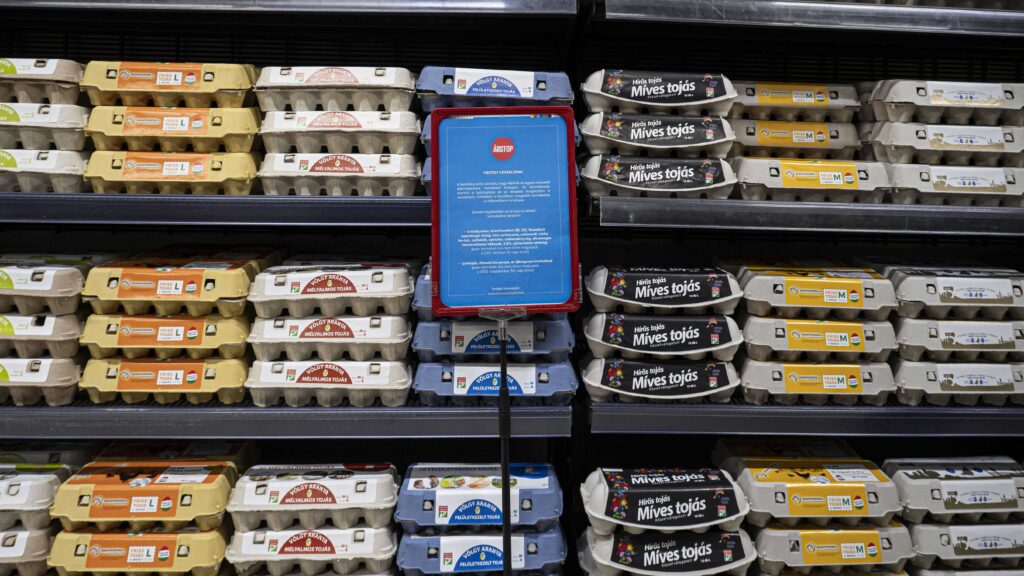Inflation brought on by sanctions is a problem for Europe and Hungary, with the cost of living increasing due to soaring energy prices. Gergely Gulyás stated at a press conference on Saturday that the Hungarian government will maintain its policy of price controls before discussing the most significant decisions made at the government meeting on Wednesday.
The Latest Government Measures
Economic Development Minister Márton Nagy said that the cabinet has decided on three additional measures: the interest rate cap will be extended to loans for small and medium-sized businesses; the Széchenyi Card programme, which offers low-cost credit to businesses, will be extended; and a factory rescue scheme will be launched.
The interest rate cap will be offered to small and medium-sized businesses (SMEs) and will apply to loans with variable interest rates, the minister explained. Instead of the existing 16.69 per cent, the interest rate will be set at the 28 June level of 7.77 per cent. The measure will go into effect on 15 November, will remain in force until 1 July of 2023 and will impact 40 to 45 per cent of SMEs with loans.
Márton Nagy emphasized the significance of ensuring that SMEs continue to have access to the credit market when discussing the specifics of the policy connected to the extension of the Széchenyi Card programme. The Széchenyi Card’s interest rate will increase to 5 per cent from its current 3.5 per cent rate after 1 January 2023. According to Márton Nagy, six credit products will continue to be offered, and SMEs will still be able to use cards intended for working capital for investments, tourism, agriculture, and microcredits, in addition to an overdraft facility. The minister reiterated that the government will be footing the costs of the interest subsidies and said an adjustment to the taxation of banks is also planned. He revealed that the government is developing a plan that would decrease the windfall tax for those banks that increase their lending.
Helping Factories
In a video shared on social media on Saturday morning, Foreign Affairs and Trade Minister Péter Szijjártó provided specifics about the third measure, a factory rescue scheme.
According to the minister, Budapest-based facilities will receive a 30 per cent subsidy under the programme, while those in the countryside will be eligible for a 40 per cent subsidy. The initiative is scheduled to begin on 2 November. Companies can apply if they invest at least 200 million Hungarian forints (approximately 5 million euros) to increase their energy supply capacity, for instance by installing solar panels or improving their energy efficiency in any other way, Péter Szijjártó said. This will lower their energy prices. The minister said the maximum amount that can be granted will be six billion Hungarian forints (about 15 million euros), and the programme’s overall financial framework totals 150 billion Hungarian forints (around 365 million euros) in the first round.








